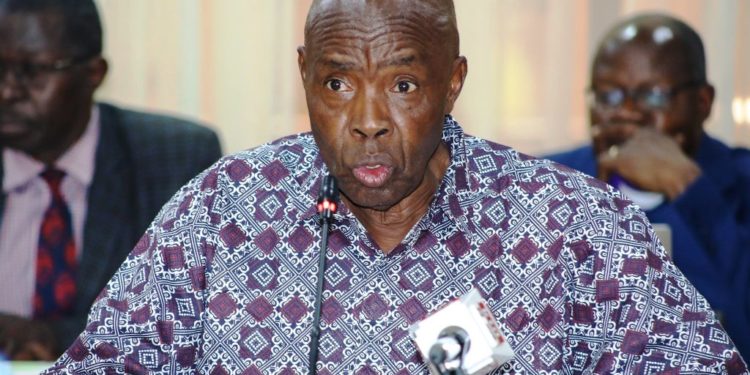The financial crisis in Kenyan universities has reached a critical point, with higher learning institutions acknowledging their inability to pay pending bills accrued over the past five years. These bills include substantial amounts owed to the Kenya Revenue Authority (KRA), Pay As You Earn (PAYE) taxes, and worker pension schemes.
Acting Education Cabinet Secretary Ezekiel Machogu highlighted the issue during a Senate Committee on Education meeting in Nakuru. “The pending bills accrued because we were not sending adequate funds. For instance, last financial year, the amount of money we were able to disburse to our universities was 48%, meaning 32% wasn’t disbursed,” Machogu explained.
In response to this financial predicament, the government is implementing a new funding model aimed at addressing the challenges faced by universities. Machogu assured that the new model would ensure adequate funding, thus preventing the accumulation of further debts. “Moving forward, each and every university must pay their bills as we are going to give them adequate funds,” he stated.
The revised capitation system will distribute 50% of funding in the first term, 30% in the second term, and 20% in the third term. This structured disbursement is expected to provide more stability and financial planning capability for the universities. Special needs schools will be the first to receive capitation under this new model, reflecting a prioritization of vulnerable educational institutions.


















